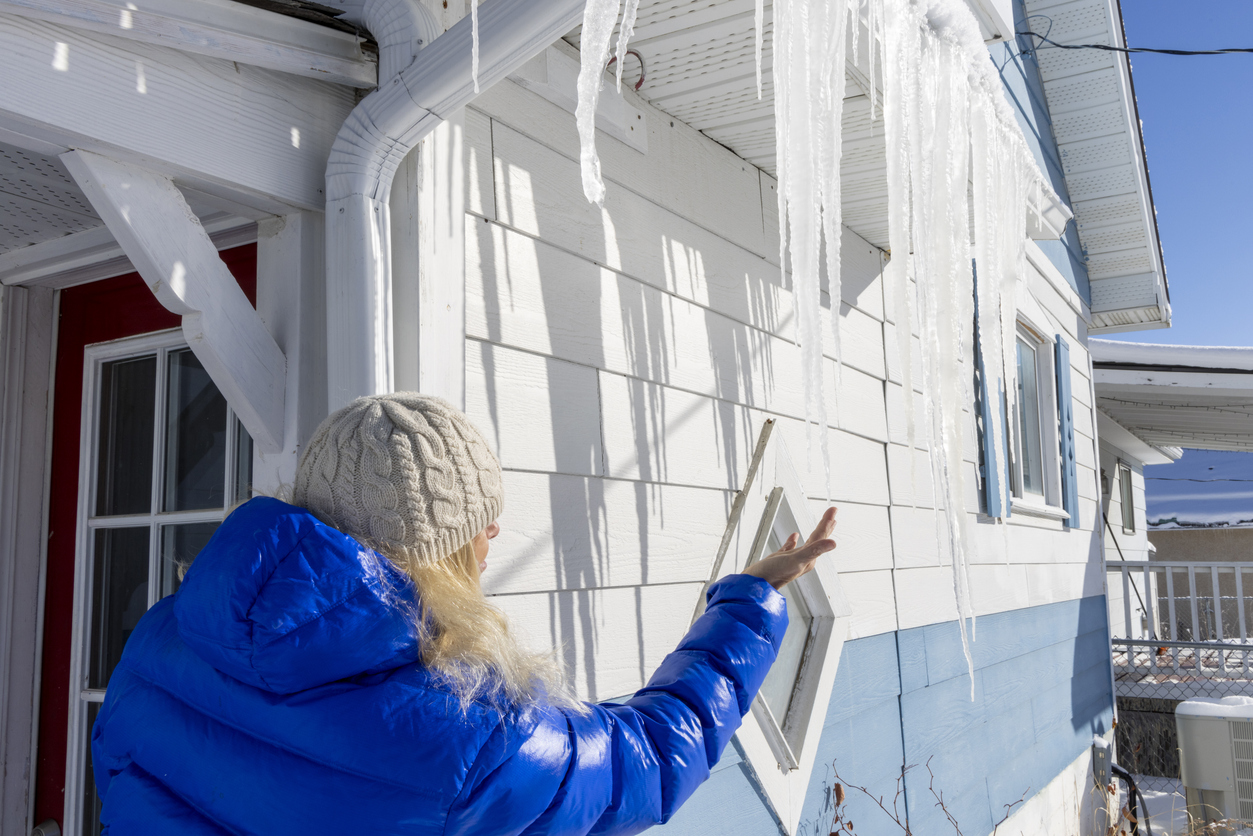Over the course of two years, Sarasota Herald-Tribune reporter Paige St. John meticulously examined Florida’s property insurers, compiling mountains of data by digging into financial records and chasing industry executives to far away places like Bermuda and Monte Carlo. St. John’s work exposed Florida insurers’ clandestine web of offshore accounts and shell corporations, which allow them to hide massive profits while leaving Floridians exposed to substantial risk.
On Monday, Paige’s dogged persistence was rewarded with journalism’s top honor, the Pulitzer Prize for Investigative Reporting. This high honor was greatly deserved and it came at a particularly important time — as legislators look to whitewash the findings.
The state’s powerful insurance lobby has managed to convince legislators that they are the victims in this story. In committee meetings and on the pages of the state’s editorial columns, industry insiders are crying poor and placing the lion’s share of the blame on regular Floridians.
The industry claims that the state’s overregulation has crippled the market by making it impossible for insurance companies to earn a profit, despite the fact that Florida has not been hit by a major hurricane in five years.
St. John’s research shows otherwise.
Investors and executives in 2008 moved $1.9 billion in policyholder money out of heavily regulated insurers, where profits are capped and dividends are restricted, to separate companies that are owned by the same people, housed at the same address and sometimes use the same employees.
As soon as the money is moved, it is beyond the reach of homeowners who might need it to rebuild after a disaster.
It is also free to be paid to investors and owners as profit without interference from regulators.
Meanwhile, insurance executives complained about losses and state-mandated discounts, and pressured state regulators for permission to charge homeowners more — even to end rate regulation altogether.
The last paragraph has proved prophetic this legislative session, as industry-back bills that aim to completely deregulate the insurance market wind their way through committee. When all is said and done, Floridians could very well see their rates go up and their coverage decline – all of this, of course, to line the pockets of insurance executives.
During her investigation, St. John found that the $10 billion insurance market on which Floridians rely is, at every level, rigged against consumers.
With a mere 15 days left until Sine Die, the end of Florida’s legislative session, it remains to be seen if the state’s lawmakers are paying as much attention as the Pulitzer Prize award committee as they are insurance industry cronies.



